Sabrina M. Chiefari is a Catholic Environmental Educator from Tkaronto/Toronto. As Integral Ecology Specialist for the Sisters of St. Joseph of Toronto, she is a long-time proponent of Deep Ecology and Integral Ecology.
November 5, 2024
Elements in Flux
By Sabrina Chiefari
We’ve been in the midst of an ecological and, consequently, climate crises for the better part of 60 years. It can be most difficult to grapple with the reality of what has been lost in that time, often irrevocably; flora, fauna, places, and people.
It helps me to remember that there is a masterful choreography between creation & destruction here on Earth. A constant ebb & flow of life makes up Creation and we, as humans, have extraordinary influence.
Earth
All ecological phenomena are connected, though we’re not always able to make the connections. Not so with landslides that caused emergency alerts in B.C. this summer.
Evacuation orders were issued when a major landslide blocked a tributary of the Fraser River, effectively damming it and creating a rapid, life-threatening rise of water. Decades of deforestation in the area, combined with wildfires and “atmospheric rivers”, all amplified due to climate change, are considered significant compounding factors.
A few weeks after that news in B.C. Forests Ontario announced that it had planted over 2, 000, 000 trees this year. This healthy sign of reforestation takes much work and many, many hands. It was a new record for that organization alone, showing that is possible to help our Earth heal.
Air
Air, the one element we can’t see or smell without something else in it (think diesel exhaust or cooking onions), can’t feel or hear unless it moves, and (to the best of my knowledge) can’t taste. But its absence is immediately noticeable. As is its presence, when tornadoes, heat domes, and polar vortexes visit us.
We crave fresh air and open spaces. In recent weeks, we’ve even been captivated by a different kind of storm, geomagnetic storms; Aurora borealis.
Ironically, the human eye can’t capture the full spectrum of colours on its own. Between that, and the fact that so many people live in urban areas with constant light pollution, it’s been a gift of technology to share the lights with each other.
Water
What part of the world hasn’t been catastrophically flooded? Meteorologists all over the globe have been brought to their wits’ end, tracking abnormal weather patterns and issuing repeated storm alerts. In September alone, massive flood events across three continents claimed over 1,500 lives and cost over $15 billion.
While we continue to demand that those who hold public offices, and those who have decision making powers in energy and development industries, take the climate emergency much more seriously, we can acknowledge steps in the right direction.
Where freshwater is concerned, the Government of Canada recently announced a new “Canada Water Agency”. Empowered to act independently of Government, this new agency will be responsible for guiding water policy and administering funding to programs that protect, rehabilitate, and respond to emerging issues in major watersheds across Canada.
Fire
What part of the world has been untouched by forest conflagrations? Across the Americas this year, from Western Canada to Brazil, record-setting fires ripped through communities. Again.
Forest fires are a natural part of forest ecology. Without periodic burns, like those practiced by Indigenous communities for thousands of years, certain seeds can’t germinate and forest litter builds up, creating fuel for larger fires.
In response to the devastation of this year’s fires, an Alberta brewer created “Fire Bloom – The Beer We Don’t Want to Brew”, with proceeds going to recovery efforts. Honey collected from Fireweed nectar was used, a simpl acknowledgement of the flourishing that can still happen after devastation. You can learn more about Fireweed by clicking here.
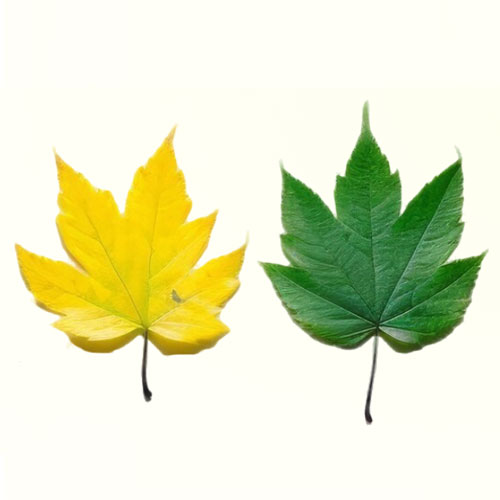
Articles by Sabrina Chiefari
Exploring Creation Care, Climate Change, Working with the United Nations, and Our Common Home
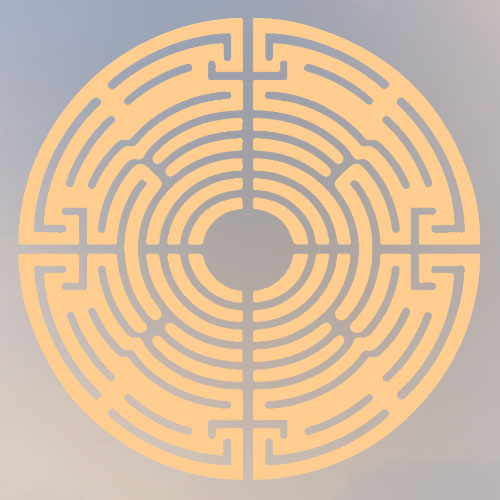
From Self-Care...
Summertime: the season of rest and renewal.

40 Days of…
Walking through lent with prayer, fasting, and almsgiving.

Creation Care Check-In
Resources of learning, prayer, and action.

Moving Stories
Reviewing The Sound of Freedom and Oppenheimer from a social justice perspective.

Water as…
A human right, sacred gift and shared commons.
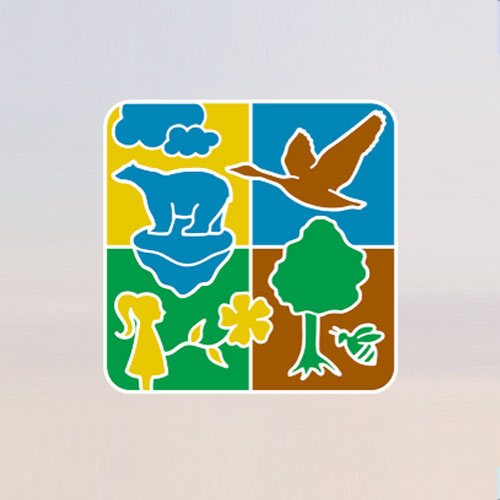
Care for Our Common Home
Key goals in global biodiversity, water action, and ecosystem restoration.

Synodal, Not Cynical
Sharing the synodal mindset.
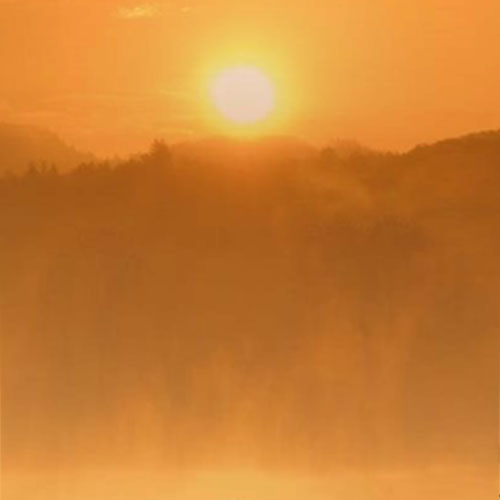
The Importance of Land Acknowledgements
Reflecting the ongoing work of reconciliation with Indigenous Peoples.
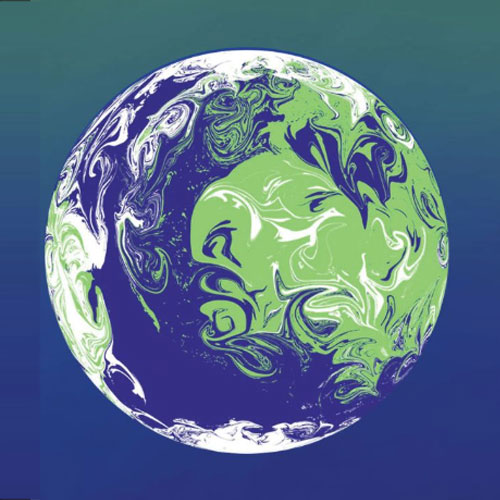
UN Climate Change Conference
Participating as part of a delegation at COP26.